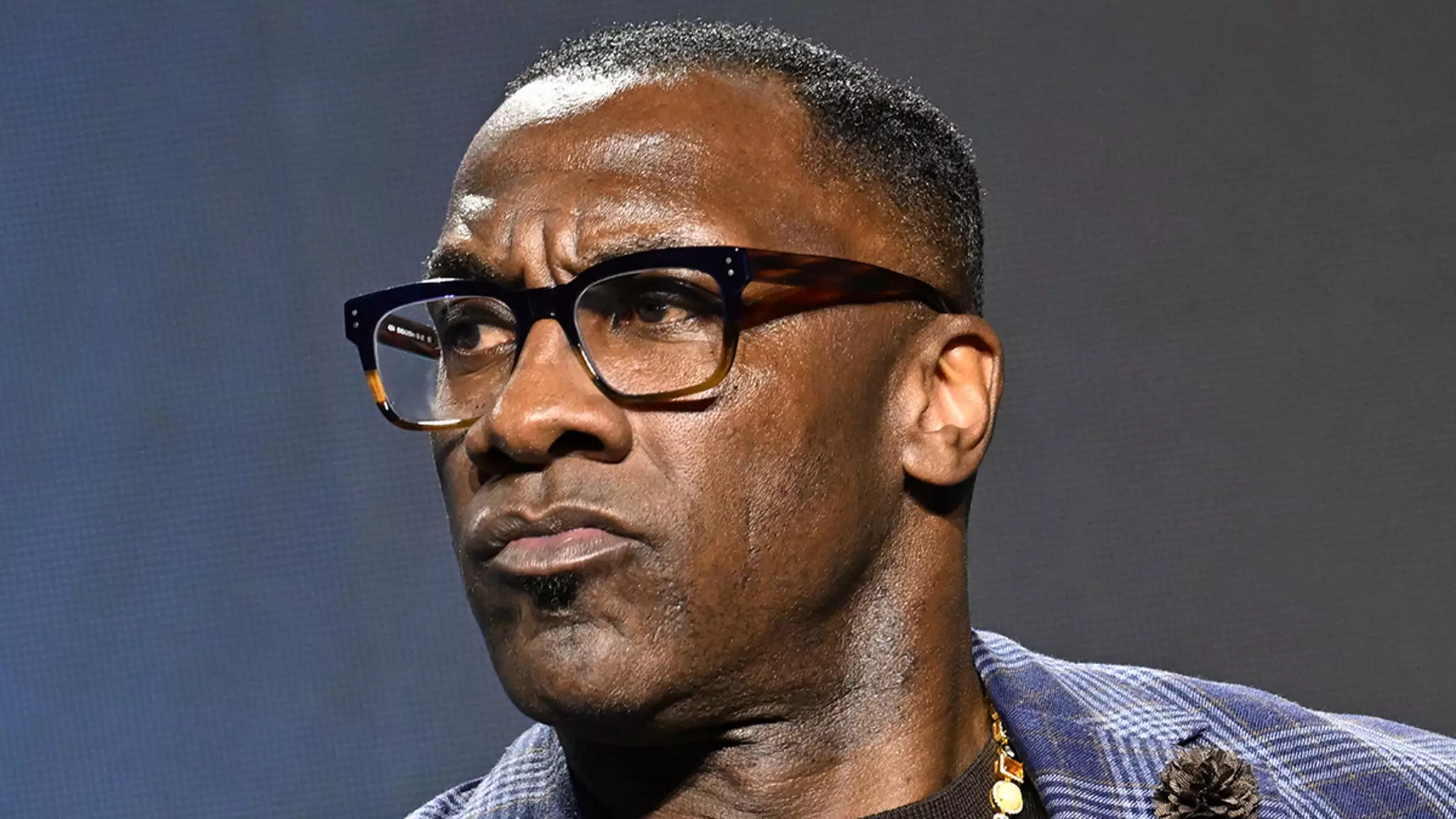The recent lawsuit against Shannon Sharpe, a former NFL star turned media personality, sent ripples through the sports world and beyond. Allegations of sexual assault, particularly when levied against someone who has enjoyed such a high public profile, carry significant weight and warrant utmost scrutiny. In a culture increasingly sensitive to issues surrounding consent and abuse, this case is a poignant reminder of the shadows that can lurk behind celebrity.
The lawsuit, filed in Nevada by a woman identified as Jane Doe, claims that Sharpe perpetrated multiple instances of sexual assault during a tumultuous relationship that spanned over two years. What makes these allegations particularly alarming is the power imbalance inherent in their relationship. Sharpe, in his mid-50s, was in a position of significant influence, whereas Doe, at just 20, was still finding her footing in life. The dynamics of their initial encounter underscore this age disparity: Sharpe allegedly manipulated her aspirations with an offer to buy her breast implants if she won a weight-loss contest. Such actions set a troubling precedent for the nature of their relationship.
The Nature of Control
As the lawsuit outlines, the relationship took on a distinctly controlling tone, with Sharpe allegedly dictating not just the terms of their interactions but also intruding into Doe’s personal autonomy. Attorney Tony Buzbee’s statement, describing Sharpe’s demands for “complete control over her time and body,” paints a disturbing picture of their dynamic. Many may overlook the subtleties of abuse, often dismissing them as the result of passion or deep commitment. However, in this case, it appears that desire morphed into intimidation and dominance.
Doe describes instances of verbal and emotional abuse, revealing the aggressive nature of Sharpe’s behavior when he allegedly threatened her life over something as innocent as sharing her location with friends. Such actions expose a sinister side of a man who has previously been associated with sportsmanship and charisma. The presence of a firearm during a dispute further complicates the narrative, highlighting a potential danger that transcends mere psychological manipulation.
The Crucial Shift to Violence
The transition from an emotionally charged relationship to one that reportedly involved rape raises significant questions about the boundaries of consent. According to the lawsuit, Doe endured horrifying experiences under pressure, claiming that Sharpe forcefully assaulted her while she was in a state of distress. This transition from manipulation to outright violence is emblematic of a troubling trend found in many abusive relationships, where perceived love devolves into coercion.
The allegations also coincide with the broader conversation around consent, particularly in situations involving famous figures. Sharpe’s notoriety may lend him a platform and protection that others do not enjoy, complicating the pursuit of justice for victims like Doe. With the stakes at tens of millions in damages, Doe’s decision to pursue legal action reflects a courageous attempt to hold Sharpe accountable and highlight the pervasive issues of abuse across society, regardless of fame or fortune.
A Voice Against Abusers
Doe’s lawsuit brings forth an essential message about the necessity of believing and supporting survivors in their quest for justice. In an age where “cancel culture” can overwhelm, the consequences of accusations—whether accurate or unfounded—often strike fear in the hearts of potential plaintiffs. Yet, the courage exhibited in suing high-profile individuals demonstrates a willingness to push back against a system that often favors the powerful.
Buzbee’s assertion that it “takes a great deal of courage to stand up against those with power, fame, and money” encapsulates the entrenched barriers survivors face. By amplifying Doe’s story and exposing potentially dangerous behaviors, the lawsuit seeks not merely financial restitution but also a broader cultural shift towards accountability.
In a world where celebrity continues to overshadow personal accountability, the case against Shannon Sharpe exemplifies the critical need to challenge and dismantle the narratives surrounding fame, power, and abuse. It forces us to confront the uncomfortable truths about the relationships we idolize and the silence that often protects those who perpetrate acts of violence against the vulnerable.

Leave a Reply